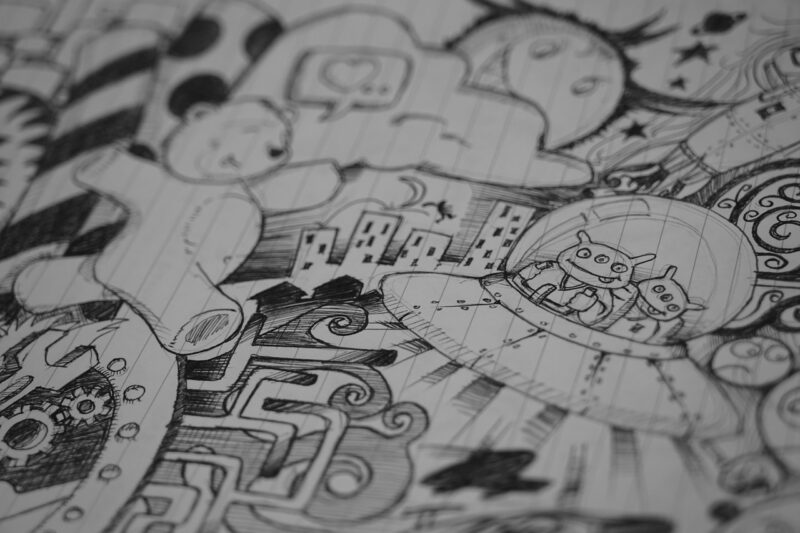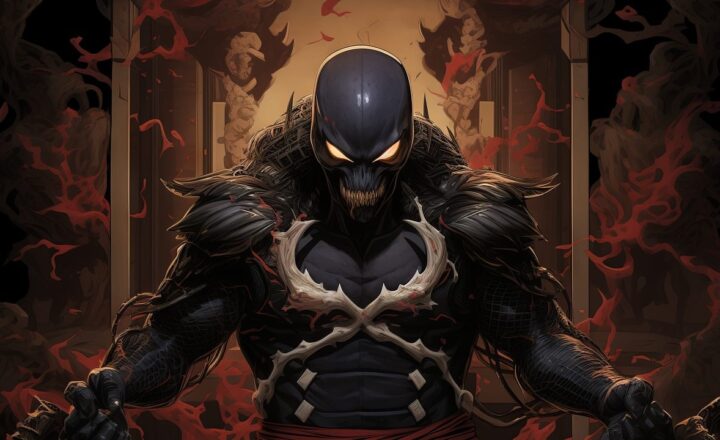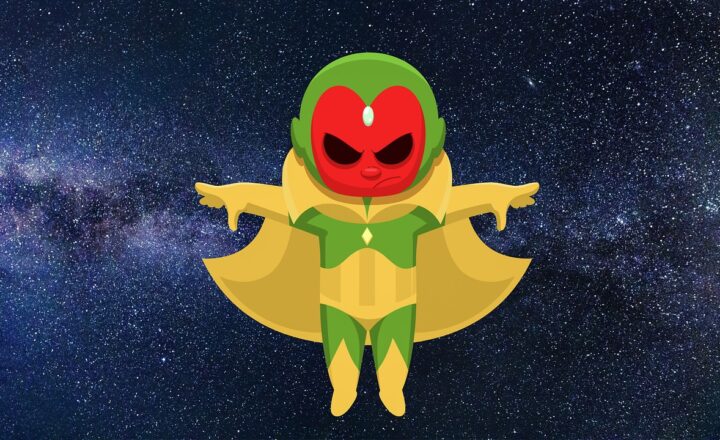How Deadpool Changed the Superhero Genre with Humor and Self-Awareness
November 16, 2024

When audiences first met Wade Wilson, aka Deadpool, in the 2016 movie adaptation of the character, they were met with a whirlwind of chaos, humor, and a level of self-awareness rarely seen in superhero films. Deadpool arrived at a time when the superhero genre was flourishing but had also started to show signs of formulaic storytelling. This article delves into how Deadpool not only revived the genre’s comedic approach but also introduced a new wave of self-referential storytelling that would influence countless productions that followed.
1. The Background of Deadpool
Deadpool, created by writer Fabian Nicieza and artist Rob Liefeld, first appeared in 1991 in “The New Mutants” #98. Initially intended as a villain, his unique character traits—particularly his ability to break the fourth wall, where he communicates directly with the audience—soon made him a fan-favorite anti-hero. However, the road to a Deadpool feature film was fraught with obstacles, including a poorly received portrayal in 2009’s “X-Men Origins: Wolverine.” It wasn’t until the film was made as an R-rated venture that the character found its true calling.
2. Humor as a Game Changer
While humor is no stranger to superhero films, Deadpool redefined how it could be integrated into the narrative. Unlike the more serious tones set by films like “Christopher Nolan’s The Dark Knight” or the competitive, dramatic arcs of the Marvel Cinematic Universe, Deadpool thrived on irreverence. Wade Wilson’s quips and jabs at other superheroes and the very nature of the movie itself allowed for a refreshing counterbalance in an era dominated by darker storytelling.
For instance, instead of adhering to a classic superhero monologue when revealing his backstory, Deadpool instead mocks the setup, often taking jabs at villains and heroes alike. This comedic lens not only garnered laughter but also positioned audiences to see superhero stories in a new light;
they could be fun, engaging, and filled with laugh-out-loud moments.
3. Self-Awareness in Storytelling
Deadpool is known for breaking the fourth wall. This self-aware narrative tool invites viewers to see the absurdity of superhero tropes, thus creating a sense of community between the character and the audience. The film juggled humor while critiquing the often convoluted tropes of the superhero genre.
Scenes where Deadpool acknowledges the presence of a budget (or lack thereof) for certain special effects not only evoke laughter but also serve as a commentary on cinematic expectations. Audiences were treated to a character fully conscious of both their fictional existence and how they fit into the larger cinematic universe.
This contrast to standard superhero stories led to a genre shift, allowing for humor and wit that doesn’t rely solely on physical comedy or slapstick but embraces clever dialogue and irony.
4. The Impact on Future Superhero Films
The success of Deadpool laid the groundwork for other filmmakers to explore comedic tones and self-referential narratives in superhero films. Following its release, several projects began to incorporate similar elements:
- Movies like “Thor: Ragnarok” adopted a comedic urgency similar to that of Deadpool, emphasizing humor amidst action-packed scenarios.
- “Spider-Man: Homecoming” combined classic teenage angst with punchy humor, reflecting a more lighthearted superhero journey while grounding it in relatable themes.
- Animated features like “The Lego Batman Movie” honed in on self-awareness, providing a parody of both superhero conventions and the Batman legacy itself.
The landscape of superhero cinema has shifted dramatically. Characters can now explore emotional depth while being surrounded by humor and wit, making for multifaceted storytelling.
5. The Role of the R Rating
Another critical aspect of Deadpool’s game-changing influence was the decision to embrace an R rating. This opened the floodgates for the inclusion of mature themes, violence, and the kind of language that resonated with adult audiences. Previous superhero offerings had long maintained a PG-13 rating to ensure a wide audience, but Deadpool’s successful run showed that there was indeed a market for adult-oriented superhero content.
The R rating allowed the character’s dark humor and violent antics to flourish unrestricted, ultimately contributing to its unique appeal. The success of R-rated superhero films has since spurred studio interest in exploring other complex characters in similar, mature ways, such as “Logan” and the upcoming “Joker.”
Conclusion: Deadpool’s Legacy
Deadpool’s impact on the superhero genre is undeniable. It has influenced not just how superhero narratives can be structured but how audiences engage with the genre. The film’s combination of humor, self-awareness, and adult themes has breathed new life into a genre that was starting to feel predictable.
Modern superhero films are now experimenting with tones, blending horror, comedy, and drama to create a much richer narrative tapestry. Deadpool showed us that superheroes could be fun, flawed, and still save the day. The legacy of Deadpool will continue to resonate, shifting the dynamics of superhero storytelling for years to come, pushing the boundaries of what audiences can expect from their favorite heroes.
As we look toward the future of superhero cinema, it’s exciting to think about how far we can push the envelope further, all thanks to a wise-cracking anti-hero clad in red and black, who dared to be different.







